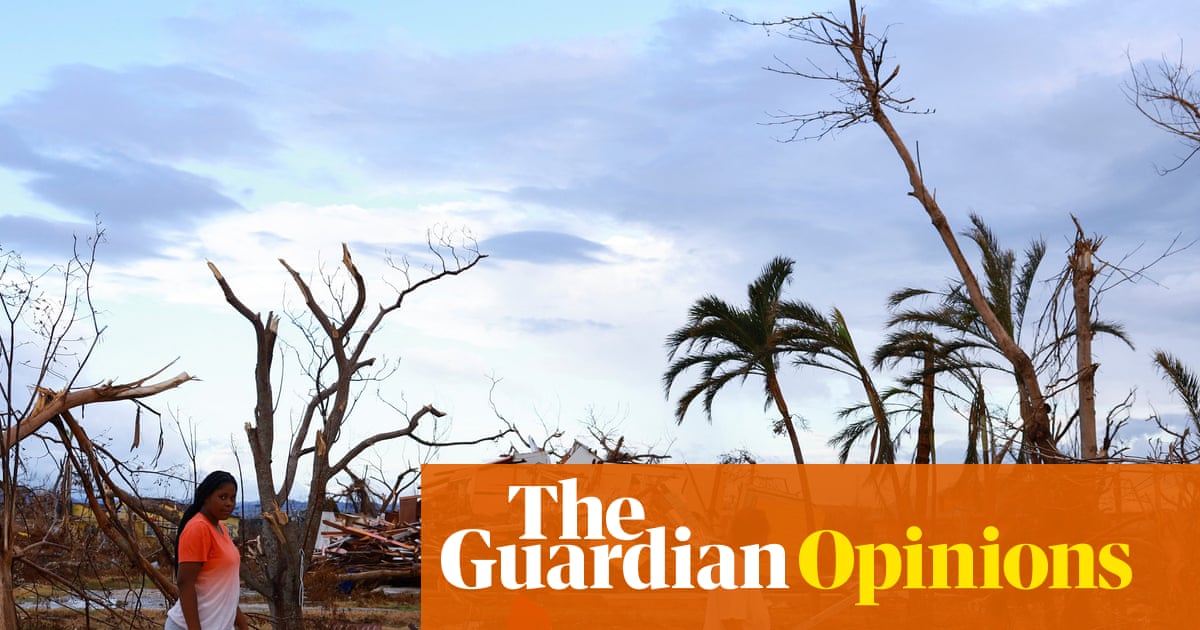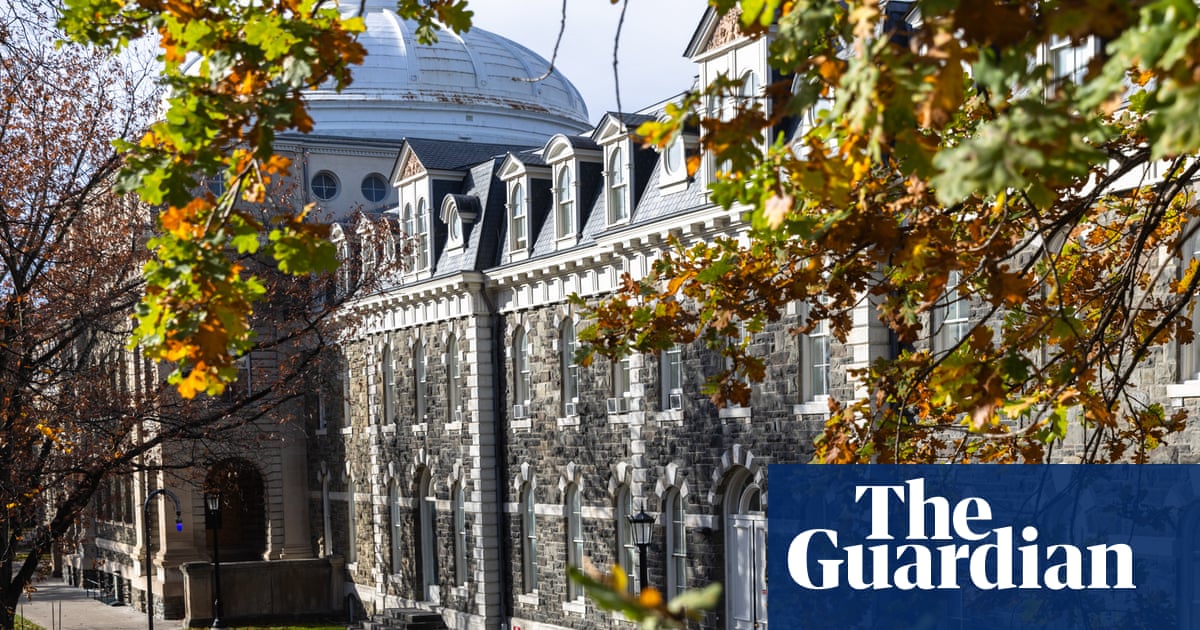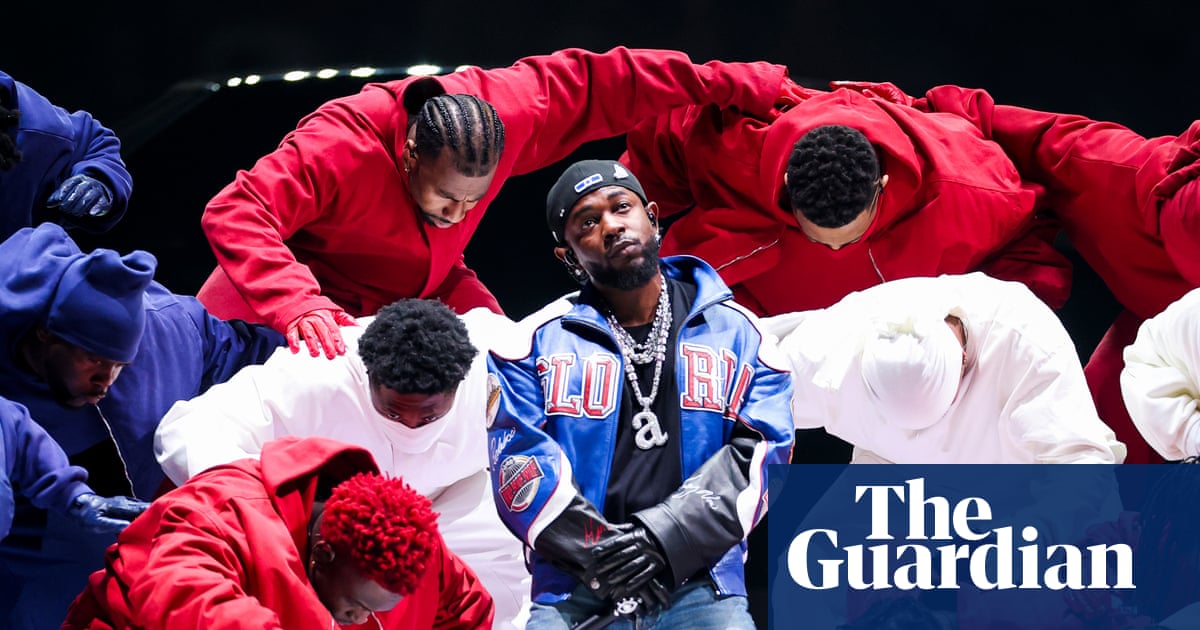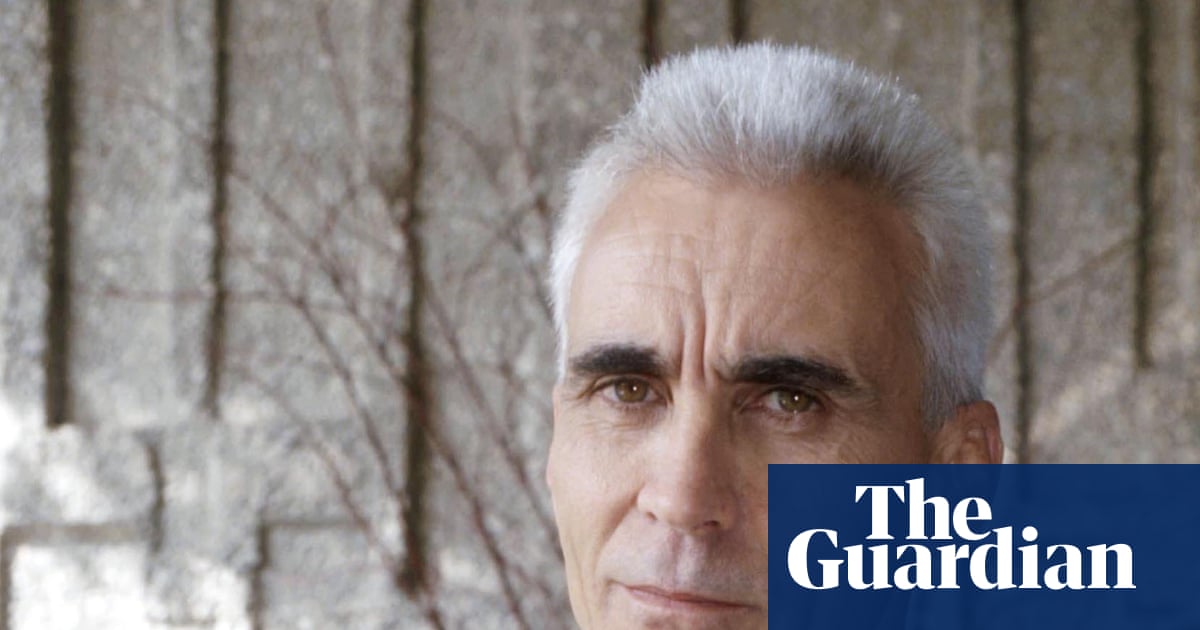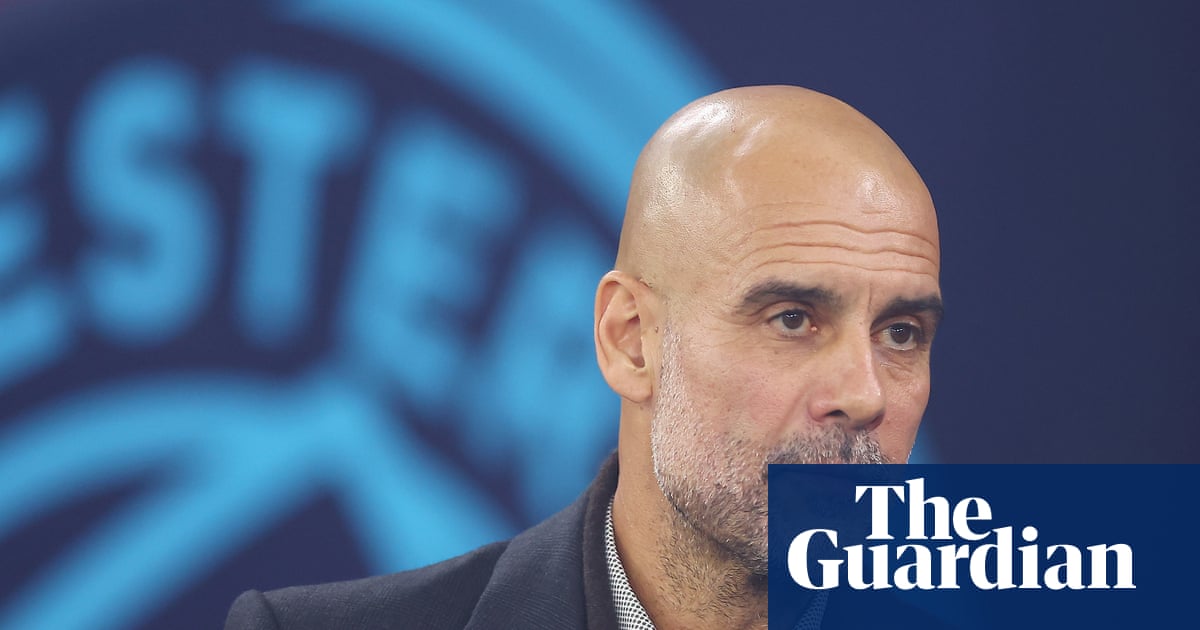There was an outpouring of grief in Haiti when the Hotel Oloffson, a cultural and architectural landmark in Port-au-Prince, was set ablaze on the night of 5 July, in what local media described as retaliation by armed gangs after a police operation in its vicinity.
For many, its ruins are a stark and sobering symbol of the state of a capital city on the verge of collapse, and a sign that a once vibrant culture may be fading as violent criminal armed groups continue their reign of terror.
The 19th-century mansion, built in 1887 in the ornate “gingerbread” style, once welcomed celebrities including Elizabeth Taylor, Mick Jagger and Graham Greene. A magnet for the world’s rich and famous in the 1960s and 70s, it was reborn in the 80s as a hub for vodou musicians and a refuge for foreign correspondents.
Watching the white wooden fretwork – often likened to lace – that once adorned the balconies reduced to ashes, has been tough for former patrons, who were once enchanted by its dreamlike, otherworldly charm.
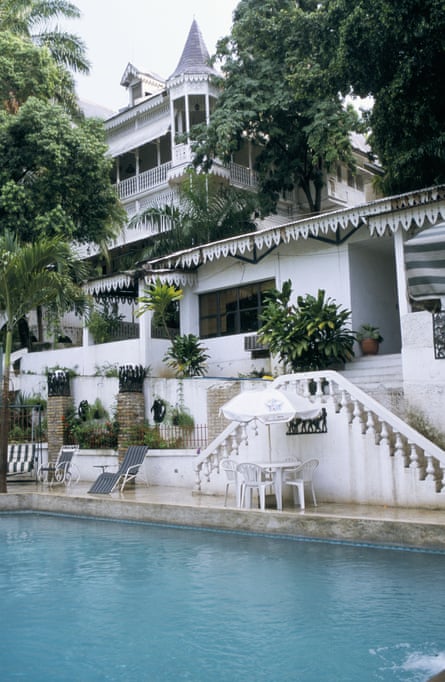
“It was an extraordinary place, beyond time and space,” said Haitian historian and legal scholar Georges Michel, who would stop by, in the evenings on his way home. “After two or three beers, I’d sometimes have dinner. I’d meet people. It was Haitian. It was home.”
Some have already started dreaming of rebuilding the Oloffson, when the embattled city returns to some level of normality. But they are unable to make solid plans to do so as the Caribbean nation teeters dangerously toward a “point of no return” – a warning that UN officials have expressed as the body count continues to climb into the thousands.
The anti-government groups have been terrorising Port-au-Prince for the past four years, setting homes ablaze one neighbourhood after another and tightening their grip on the capital, cutting it off from the rest of the country. On 1 June 2021, a gang seized control of a stretch of the only national road leading south out of the city, in the name of a coalition of criminal groups.
The next month Jovenel Moïse, the then president, was assassinated, triggering a political crisis that has prevented elected governance. Last year a transitional presidential council was established to prepare the country for elections after a fresh wave of attacks enabled gangs to take control of much of downtown Port-au-Prince.
According to UN figures in January more than a million people were displaced and more than 5,600 were killed by gangs in 2024.
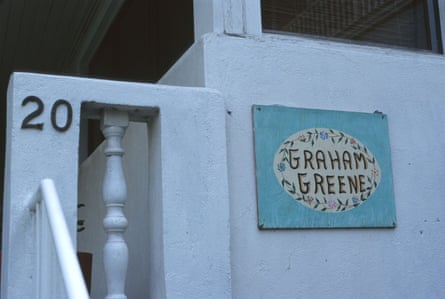
Armed groups began occupying an area near the Oloffson in January, displacing residents and forcing staff to flee and the hotel to close. Universities on the same street have since shut down or relocated.
Residents say there was a police operation in the area on the day the hotel was destroyed, but the cause of the blaze remains unknown, with clashes making it dangerous for officials or journalists to investigate.
Haitian architect Daniel Elie said the torching of the hotel is “part of a succession of losses”, which has seen aspects of Haiti’s culture “going up in smoke”.
“The Oloffson was one of those rare spaces where two worlds tried to meet,” he said, adding that it was a part of the literary and artistic “Indigenist movement” in Haiti between 1915 and 1945, which sought to reclaim African heritage and elevate the voices, traditions and lived realities of Haiti’s rural population.
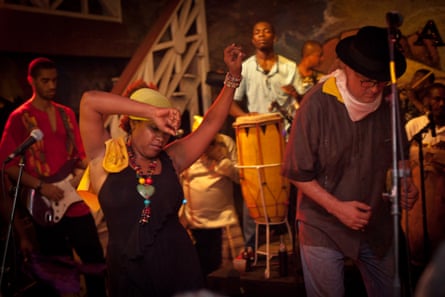
“All of that unfolded in venues such as the Oloffson. So beyond the architecture, its cultural legacy is even more significant,” he said.
The hotel was one of the finest examples of gingerbread architecture – a popular style in Port-au-Prince in the latter half of the 19th century. The grand wooden houses, a blend of neoclassical and neo-gothic elements, were inspired by architectural trends in Europe at that time.
“A European bourgeoisie, strengthened by the Industrial Revolution, appropriated ancient styles and reinvented them” said Elie, a leading expert in heritage conservation. “Haitian families were sending their children to Europe to study in universities and architecture schools, and they brought back all these ideas.”
Some houses were even imported piece by piece from Europe. The hotel was designed by a French architect known only as Mr Lefèvre and assembled in Haiti by a French builder.
Unlike many modern buildings, gingerbread houses like the Oloffson survived the 2010 earthquake, thanks to their flexible wooden frames. But many were lost to rapid urbanisation.
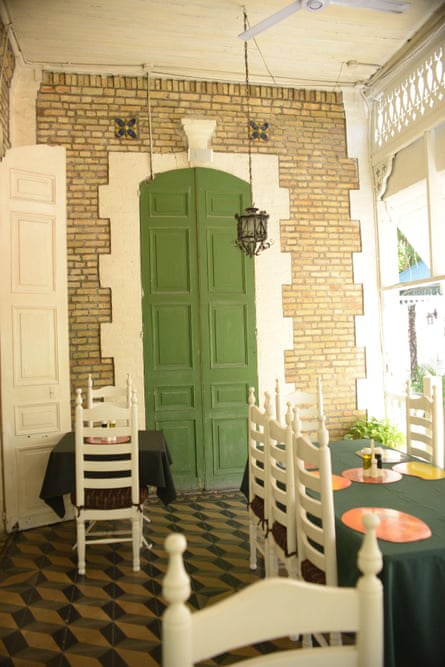
Today, just a few dozen exist, local experts said – but scarcely any carry the historical weight of the Oloffson. Over the years it hosted Haitian presidents from Vilbrun Guillaume Sam in 1915 to René Préval in the 2000s, as well as musicians, film stars and renowned authors. Greene even set his 1966 novel, The Comedians, at the hotel and later co-wrote the screenplay for its 1967 film adaptation starring Taylor and Richard Burton.
As portrayed in Green’s novel, Oloffson was also a hotspot for foreign elites in search of exotic adventures during the 1960s and the 1970s.
“It was a kind of jet-set moment when Vogue would send photographers to shoot models in the lush gardens with glistening, shirtless paddlers in the background,” recalled French photographer and documentarian Chantal Regnault, who said she was struck by the colonial overtones when she first stayed there in 1979.
“You used to see a photo of the Oloffson on the cover of the city’s tourism brochures,” recalled Théodore “Lòlò” Beaubrun Jr of legendary Haitian band Boukman Eksperyans. As a child in the late 1960s, he would accompany his father, a renowned Haitian theatre artist, through the hotel’s vast white-painted gallery, mingling with local artists. “I learned so much, it was a school,” he said.
“When we started, it was all about catering to journalists,” said Richard Morse, who took over management of the Oloffson in 1987 with the help of his girlfriend. He later bought the property with his family. Speaking to the Guardian from Maine, he described the guilt and sense of helplessness as the hotel destruction came amid the rising tide of violence, murder and rape.
Born in Puerto Rico to a Haitian mother and an American father, Morse had been a new wave rock musician in the US before moving to Haiti in search of traditional drum rhythms. In 1988, he launched Thursday night vodou music concerts at the hotel. This would later be a key moment in the rise of his vodou-rock band RAM, and a new era of cultural crossover for the venue, which he described as a fantastic “Alice in Wonderland” experience.
“The gangs were the last clients – and they didn’t pay,” he said. “I need to go there and decide what to do. People keep telling me I can’t go, but what I really want is just to stand in the yard. That’s my home.”
Haiti’s stability was a significant concern for Caribbean leaders when they met earlier this month at the Caribbean Community (Caricom) leaders summit.
Opening the meeting, the outgoing chair of Caricom and the prime minister of Barbados, Mia Mottley, appealed for more global support for Haiti.
“The world really needs a check on itself when it comes to Haiti. If ever we doubted that there were first class and second class citizens in the eyes of the world, don’t doubt it any more,” the Mottley said.
She added that, in spite of the staggering loss of life, and the displacement of people and food insecurity, “the world … has been unable to move beyond the promises and the platitudes that would bring help to the people of Haiti”.
Mottley said the Caribbean’s capacity to address the escalating situation is limited, and called for a “truth talk, both within the context of what is possible from Haiti’s perspective, but equally what is possible from the international community”.

 3 months ago
91
3 months ago
91


